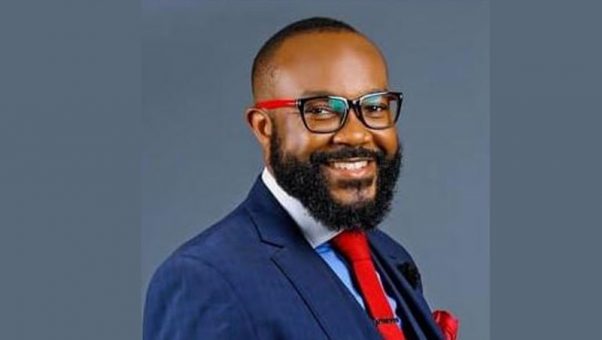Following the successful staging of the first fencing World Cup in Sub-Saharan Africa, the Nigeria Fencing Federation, led by Adeyinka Samuel, hopes to capitalize on the gains of hosting the tournament to grow fencing in the country.
He had an exclusive session with our correspondent , enjoy.
How challenging was it to host the first World Cup?
Hosting the first World Cup was quite challenging for several reasons.
As it was our first time, planning was difficult due to uncertainties about the number of countries and participants. We also had to comply with several international regulations, and limited funds and support added to the challenges.
What inspired you to bid for the tournament?
Hosting international events is one of our four cardinal points. Our goal is to eventually host the World Championships but to achieve that, we need to host a series of major international tournaments like the World Cup to gain experience.
What lessons were learned from hosting the tournament?
We learned many lessons from hosting the World Cup. We have requested the International Fencing body to schedule the tournament earlier in the year to avoid the December rush, as flights and accommodation are busier and more expensive in December.
What level of support did you receive from the private and public sectors?
For the scale of the tournament, we received limited support. We did get some assistance from private organizations like FCMB, Anais Kale, Marcelle Ruth, Viju, and Procari Sweat, as well as from the Nigerian Olympic Committee. Our biggest sponsor was Charterhouse Lagos.
How would you describe the experience of hosting the first World Cup in Sub-Saharan Africa?
It was a different experience from hosting other competitions due to more stringent rules and several considerations to meet international
standards. Having observers from the International Fencing Federation and the Commonwealth Fencing Federation kept us on our toes.
What are the lessons for Nigerian fencers?
This tournament has been a major learning curve for our fencers. More training is required, but importantly, our fencers need to experience more international tournaments at a world-class level to gain the experience and confidence needed to excel.
How excited are you about hosting it at Charterhouse Lagos?
We are very excited to partner with Charterhouse Lagos. Their venue and facilities are state-of-the-art, and the seniorb management is verypleasant to work with. We received great feedback from international athletes, with some saying, “This is one of the top 3 venues in all the Junior World Cup tournaments in the world.”
What impact did the presence of British and Commonwealth Fencing Federations have on the tournament?
British Fencing is one of the leading fencing nations and was influential in putting together the International Fencing Federation’s
constitution. Having the British Fencing President and the Commonwealth Fencing Federation present shows the international respect and recognition we are gaining.
How do you intend to use the gains of the tournament to attract more people to the sport?
We plan to attract more people to fencing by regularly hosting top-tier tournaments in the country, where the world’s best athletes can inspire more people to join the sport. These tournaments are also gaining more international and national recognition, making them attractive to partners and sponsors.
What are the challenges and the way forward for subsequent events?
One of our biggest challenges was finding a suitable venue for major international tournaments, which we have now overcome.
The next challenge is securing the right partners and sponsors to ensure we have
enough resources to host these tournaments successfully. Despite limited support for this tournament, it was a success, and we are grateful.
Where do you see fencing in Nigeria in the next few years?
I see Nigeria becoming the leading African fencing nation, producing the most successful athletes, with fencing widely recognized and accepted across Nigeria. Considering Egypt’s strong fencing presence with Olympic
medals, it would be significant for Nigeria to lead in Africa.
How do you intend to sustain the growth of the sport?
We plan to keep expanding our vision for the sport. Hosting a World Cup was a major goal, and now we are focused on hosting larger tournaments like the Commonwealth Championships. The key is to keep aiming for bigger achievements and expanding our vision.
What are your plans to make the sport across the country?
We aim to introduce fencing in several states within Nigeria, focusing on getting it into as many schools as possible and making it accessible to anyone interested, including adults.









